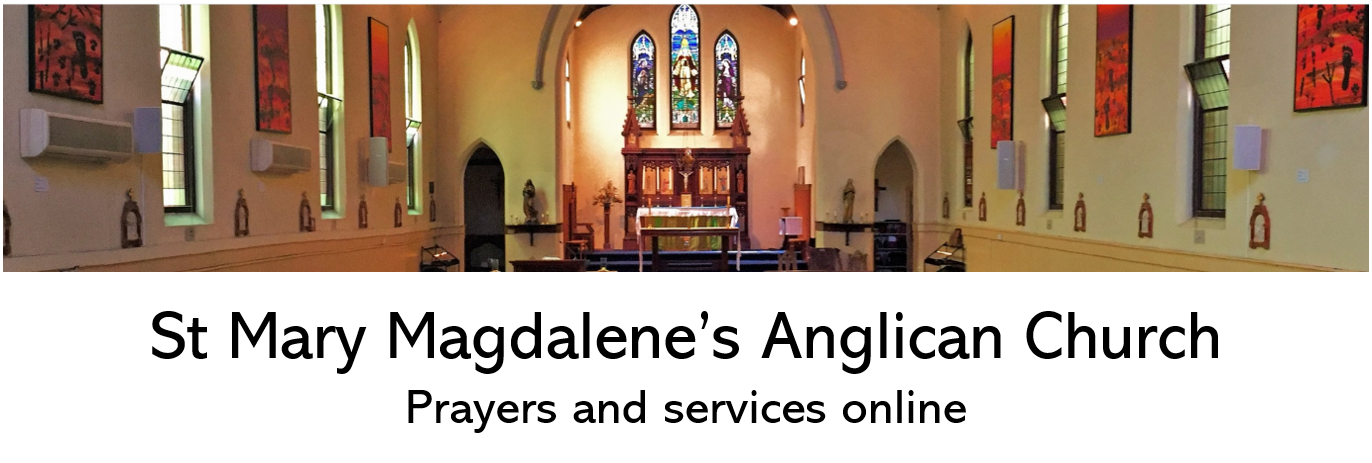Tell all the truth, but tell it slant
Success in circuit lies
Emily Dickinson

By love God may be grasped and held: by thought never
The Cloud of Unknowing
_______________________________________
God cannot be grasped by the mind. If he could be grasped, he would not be God.
Evagrius of Pontus
When we speak of God, using names and images, we speak by analogy. God, we say, is like this or that. When we speak of God as Rock we speak metaphorically. When we call God Creator or Redeemer, we speak relationally. At other times we describe characteristics of God, like goodness, personal or that God exists.
The way of Affirmation seeks to locate similarities between our idea of God and our experiences. The way of Negation , when the similarities break down, is the way which is beyond words and images., The way of unlikeness, the way of darkness and silence.
Then there is what called the way of the heart, for “the heart only is capable of knowing God”. (Thomas Merton). “God” is more than a description or a definition. Heart speaks to heart and we find ourselves addressing god directly as Thou or You.

Spend some time reflecting on the mystery of God in your life.
Has there been a time when God has not felt close, real or present?
As you get in touch with your childhood/adolescence- was God real for you then, and how, and in what manner?
Has “God” been a problem, a struggle, a fight over the years for you?
Reflect on the way you now think or talk about God. Arte the words and images you use evocative, pointing to mystery, inviting you into wonder and further exploration.

C.S. Lewis called the awareness we have of God “patches of God”- moments when we go beyond ourselves, awakening to the “beyond” in our everyday. This is like falling in love, when we move beyond the ego, beyond our pre-occupations and anxieties, and experience genuine self-transcendence.
Karl Rahner describes this experience well:
“When we are feeling lonely- if we are brave enough to resist the urge to call someone up, or go shopping, or take a drug, or turn to music or TV or go to bed; if we are courageous enough to remain alone and instead of fleeing the pain, to go down into it, we will gradually notice another presence there, silent, but benevolent and peaceful”.
The images in this post depict Hildegard of Bingen’s self-portraits as she waits to hear the voice of God and is flooded with the light of the visions that give us a powerful perspective on human existence in relation to divinity.
O Pastor animarum et O prima vox
per quam omnes creati sumus,
nunc tibi, tibi placeat ut digneris nos
liberare de miseriis
et languoribus nostris.
O Shepherd of our souls, O primal voice,
whose call created all of us:
Now hear our plea to thee, to thee, and deign
to free us from our miseries
and feebleness.
For a printable PDF of the text of this meditation please click on the link below.







